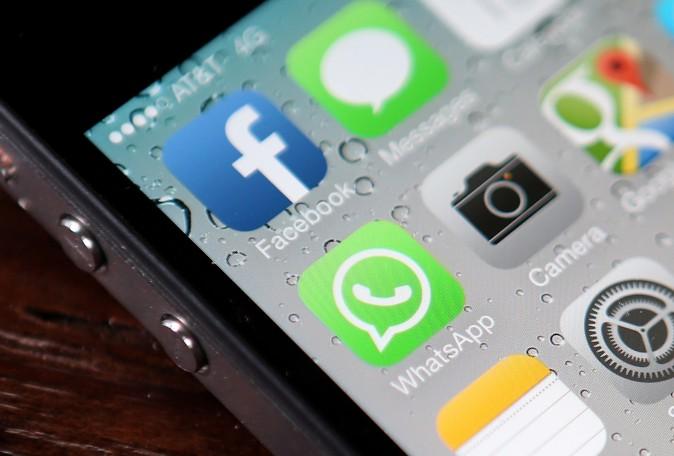Social media giant Facebook told Attorney General William Barr and other officials that it would not create a “backdoor” for law enforcement in encrypted messaging, arguing that it would risk public safety.
Executives in charge of Messenger and WhatsApp, Stan Chudnovsky and Will Cathcart, wrote a letter to Barr, Acting Secretary of Homeland Security Chad F. Wolf, and top officials from Australia and the UK, declining their request to ensure a way for law enforcement to gain lawful access to user communications when required.




